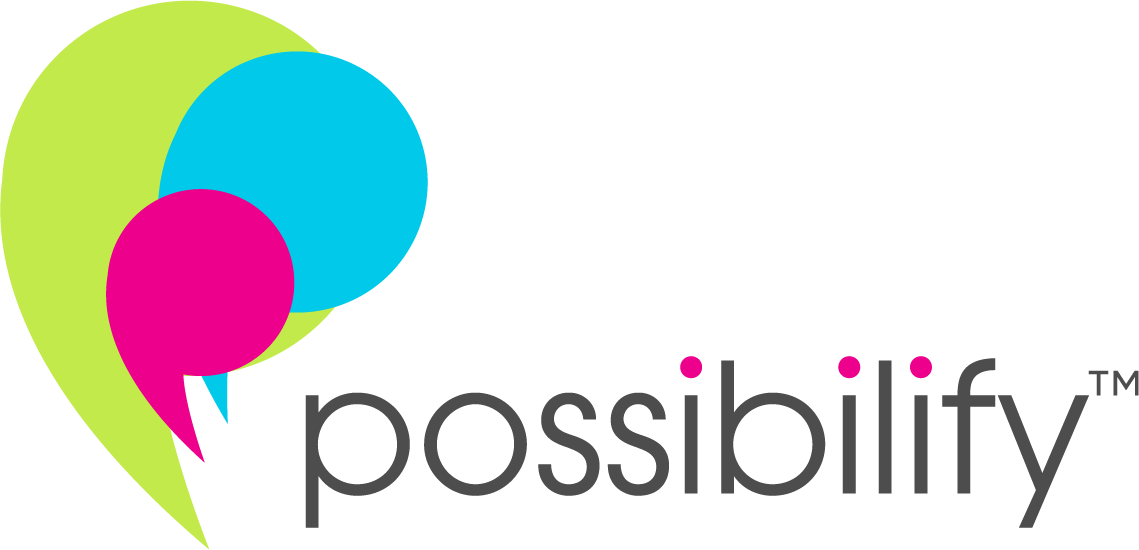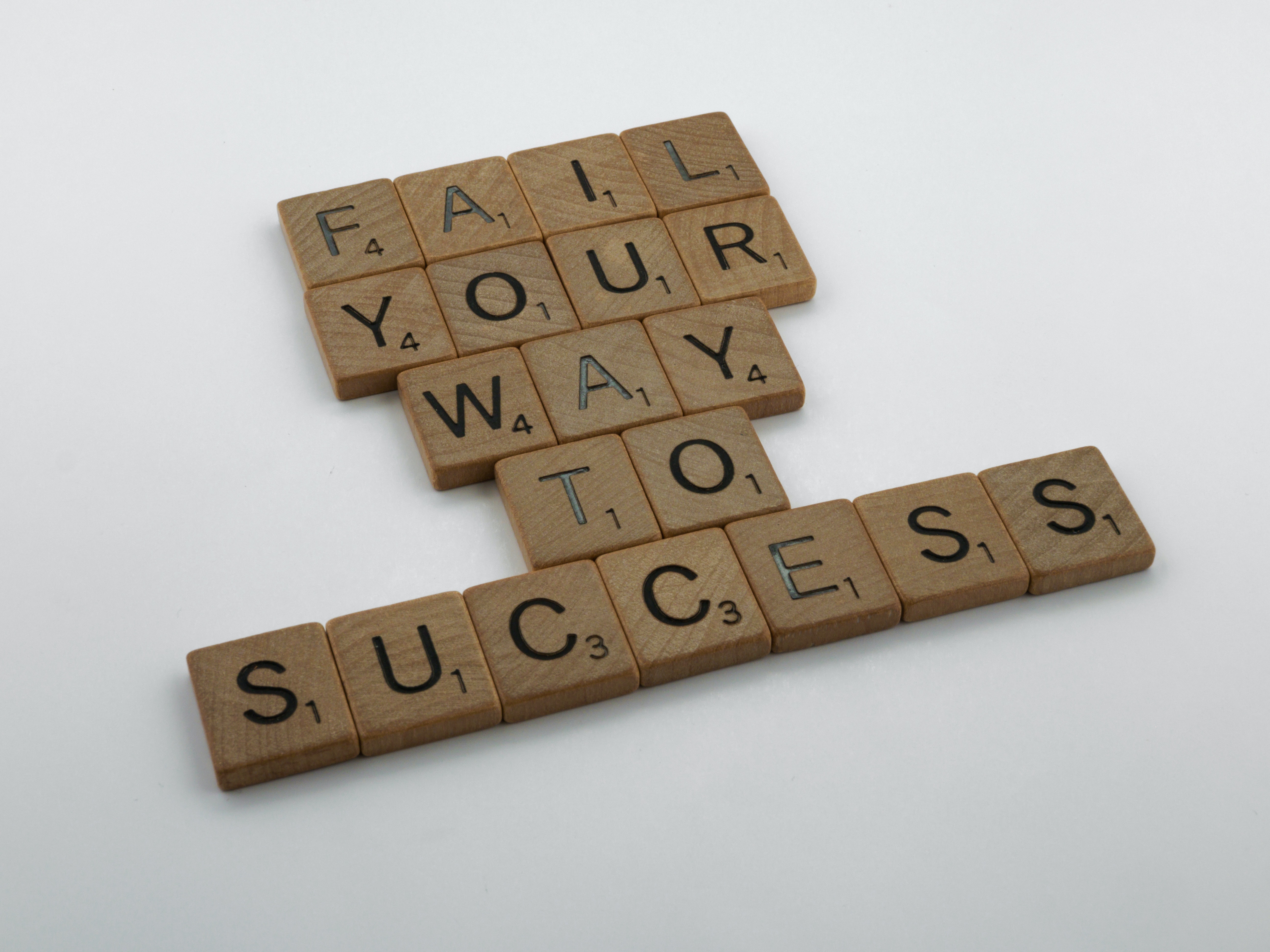- How to Fail in the Best Way - April 25, 2023
When I was a little kid, I took ice-skating lessons at the local rink. I really wanted to be a hockey player, so they gave me a little stick, little skates, and sent my wobbly self out onto the ice. While I had visions of myself as Mario Lemieux (Google it) in my head, I will acknowledge that things looked much different in the real world. If you saw me on that ice, I would’ve been standing rigidly still, eyes wide open in terror, slowly drifting on the ice. I was afraid to move because I didn’t want to fall.
Now let’s pause for a moment. I’m going to go out on a limb and guess that you’ve fallen unexpectedly at some point in your life. Maybe it was on ice, like in my story. Maybe it was on rocks, or carpet, or on an airplane. Regardless of where and how it happens, falling is often painful and certainly is something that it would make sense to try to avoid. Right?
My coach would come over and try and get me to skate. He would poke and prod me, cajole me, and even try to motivate me with treats from the snack bar (you can tell how scared I was if even the idea of a blue raspberry slushie wouldn’t move me). Ultimately, he would get frustrated and skate off to the other, more willing, skaters. At some point, I would try and join them, and then the magic would happen. If this were a Disney movie, I would suddenly be able to skate with speed and confidence. The music would swell, and I would score the winning goal or something. Instead, something equally awesome would happen…
I would fall.
What? How does that help? Isn’t the goal of ice skating NOT to fall?
Here’s how falling would help me: after I pulled myself off the ice, I would suddenly be like a normal kid again. After falling, I would be skating, laughing, fooling around… a complete change from the terrified, rigid kid who entered the ice. Ultimately, my coaches and parents came to the same conclusion: I had to fall to do well. Basically, my perfectionistic tendencies were keeping me from succeeding; I was so scared to fail that it was guaranteeing that I would fail. Once I fell, though, I knew that I couldn’t be perfect anymore, and I was able to just go out and have fun.
This strange reality put my coaches in a weird position: they basically had to knock me down to get me to play to my potential. And if that wasn’t weird enough, it’s not like I wanted to be knocked down (even though I knew why they were doing it), so I would complain and freak out. As a result, there was tension and frustration and tears. But we all fought through and I got better and better at skating, to the point where I needed those interventions less and less. At the end of the season, my coaches gave me a special award, (and I’ll preface this as a VERY mid-90s part of the story): The Chumbawamba Award “because you get knocked down and you get up again…”
Why do I tell this story? Failure is unavoidable. It is a part of life. We are all going to fail and fail repeatedly and, sometimes, fail epically. We might not want to; we might even fight tooth and nail against it. But failure can help us tremendously if we let it. And because it is unavoidable, if we can redirect some of the energy that we inevitably spend trying hard not to fail into trying to learn and grow from our failure, then we get multiple opportunities to grow quickly and powerfully.
I would suggest that we should accept failure as an inevitability and then ignore it as best we can. We accept many other inevitabilities in life – the sun is going to rise and the seasons will change. Why should failure be any different? It is a thing that happens. It can be very unpleasant. But that’s all it is. Once we have accepted failure as a possibility, we can move forward without the fear that accompanies thoughts of failure. Without that fear, we are looser, freer, and more confident; we are more likely to succeed. Paradoxically, embracing failure (like my small ice-skating self) increases the chances that we don’t experience it down the line.
Part of the reason that failure hurts us so much is because we are afraid of its harshness. But we must make space for that pain to fully benefit from the lessons of failing. One of the things that well-meaning parents, teachers, mental health professionals, and coaches do is that we minimize or rush through the pain of failure:
“It’s not that bad.”
“You’ll do better next time!.”
“Think of all the good things that you’ve done!”
Those approaches, while good in theory, are dismissive at best and toxically positive at worse. Let your kids/students/players be sad when they fail. Let them feel those feelings. And let them know that, when they’re ready, you will join them on the path forward out of that pain. There is always a path forward and, when we look closely, our failures gave us important hints towards unlocking the road map to success.
Failure isn’t fun, and I would never try and convince you of that. Rather, I would argue that failure is fundamental. It instructs, organizes, and supports. Its lessons may be harsh and even cruel at times, but they are important lessons, nonetheless. If you can reframe failure as part of the learning journey, rather than the end, then you are setting yourself up for future success. Because, as Chumbawamba said, “I get knocked down, and I get up again… you’re never gonna keep me down.” Take THAT, failure.
Photo by Brett Jordan on Unsplash
We would love to hear about how you got knocked down but you got up again in the comments section below.
And if you liked this article, check out:


What a great article! I too have perfectionist tendencies and I really appreciate the discovery that “I had to fall to do well.” Your article really reframed falling from something gone wrong to an essential step on the road to success. Thank you for sharing the insight!